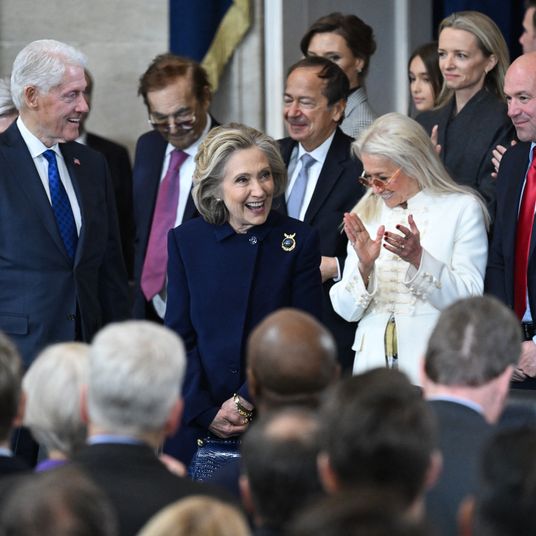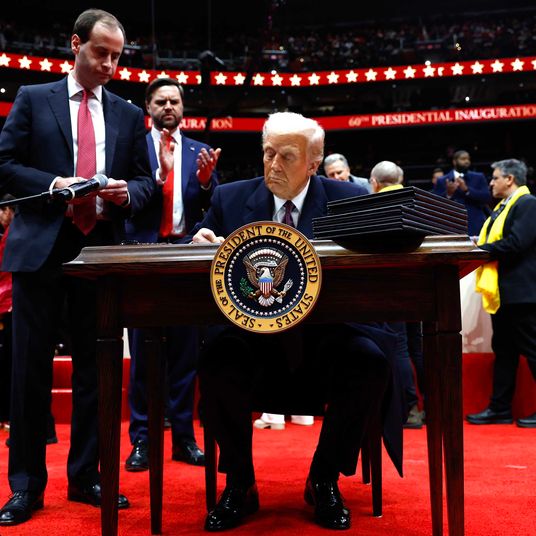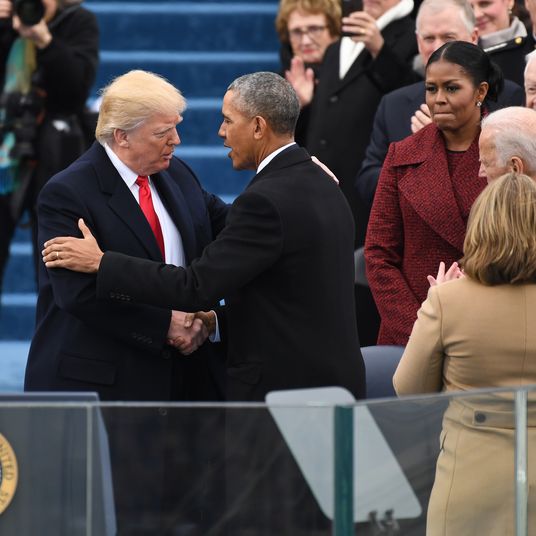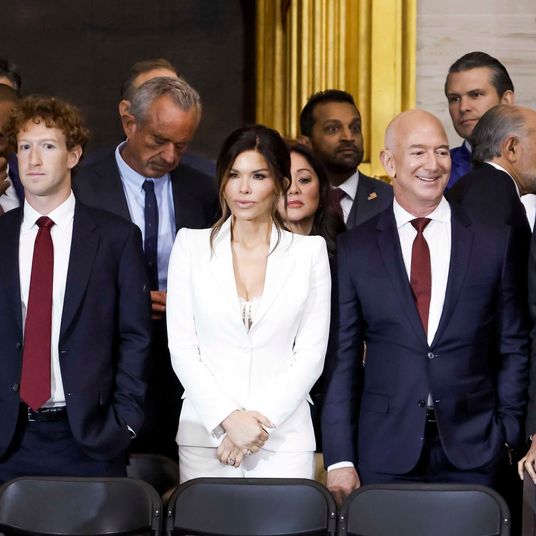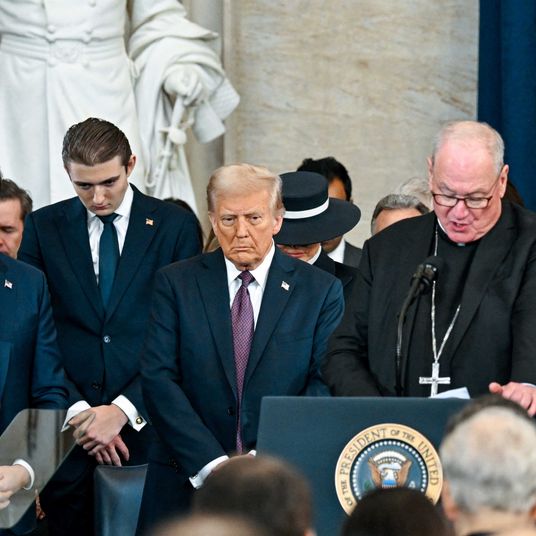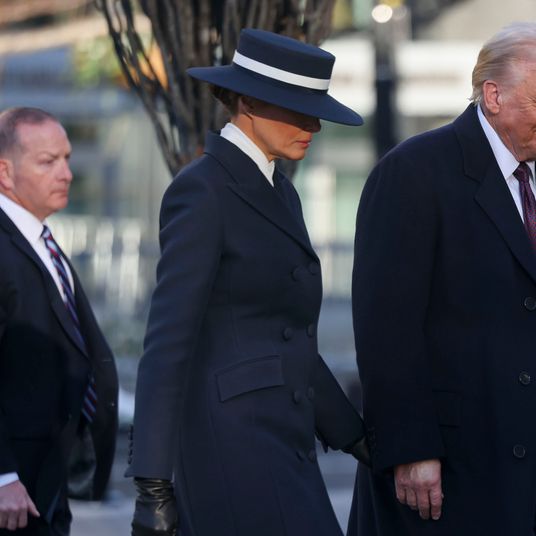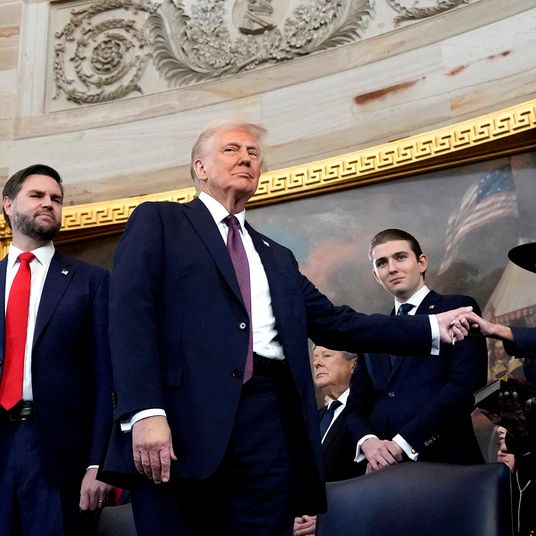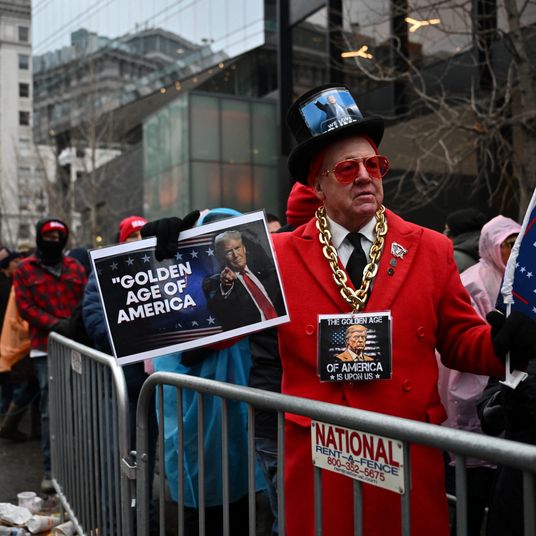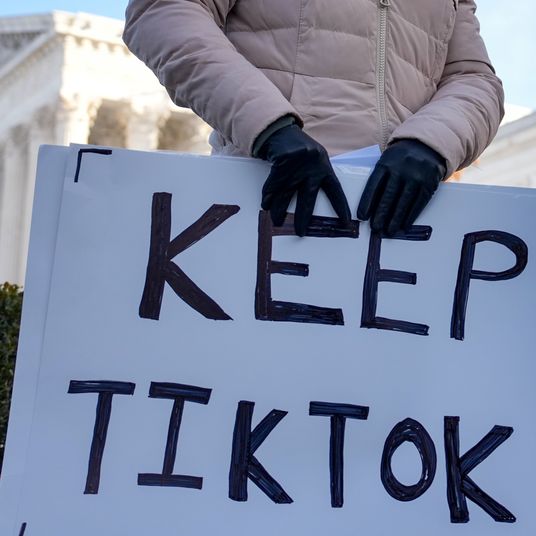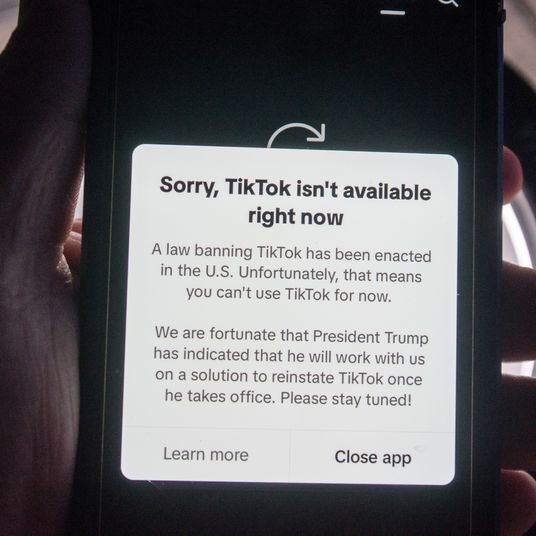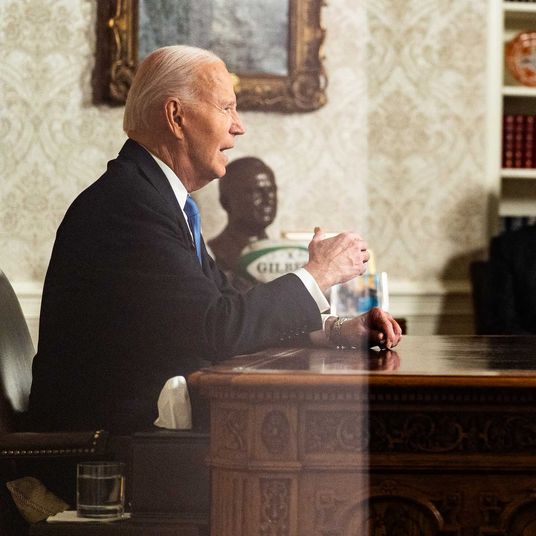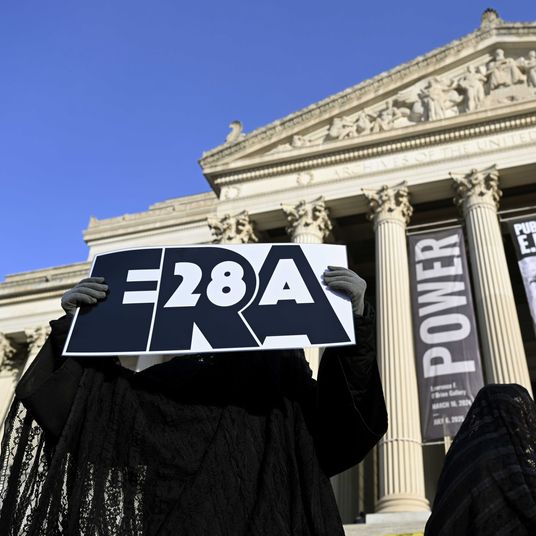
It’s 10 p.m. in Israel, the polls have closed, and the counting of paper ballots has begun. About 71 percent of eligible voters cast a ballot, and exit polls show that Likud and the Zionist Union are each projected to win 27 seats in the Knesset. Although polls showed that Zionist Union was poised to get a few more seats than Likud, Prime Minister Benjamin Netanyahu has campaigned furiously during the past week to win over votes from the right.
Whichever party is asked to form a government will need to cobble together a coalition of 61 seats if they want to run the parliament. As predicted, Joint List, a coalition of four Arab parties, will win around 13 seats, after a jump in Arab-Israeli turnout. Joint List’s leaders have said the party will not join any coalition government.
Regardless of what the final results show, Likud’s Benjamin Netanyahu and the Zionist Union’s Isaac Herzog will not have an easy path to becoming prime minister. If you add up the total seats held by both parties and their natural allies, each falls about 10 seats short of 61. Which means the next few weeks are bound to get messy, unless Netanyahu and Herzog decide they want to form a national unity government as Israeli President Reuven Rivlin has prodded them to do (and which seems unlikely, since both have refused such a possibility).
Moshe Kahlon, who runs the party Kulanu, has been called a possible “kingmaker” in this election, and has not signaled whether he plans to support Herzog or Netanyahu. His party is projected to win around 10 seats.
If Likud and the Zionist Union decline to join forces and take turns running the Knesset, Rivlin will ask party leaders to pick their favorite possible prime minister. The most popular choice will get 42 days to try to form a coalition of 61 seats, which can often result in a fractious and precariously assembled government composed of parties that don’t like each other very much. Netanyahu called for Tuesday’s election because he wasn’t pleased with the government he had to form after 2013’s election.
Based on these early results, it doesn’t look like the prime minister, whomever it might be, will have the most agreeable government either. As The Atlantic’s Jeffrey Goldberg explained on Twitter, “Imagine Obama, Warren, Cruz, Romney, and Paul splitting, semi-equally, the presidential vote, and then forming a government together.”
If Netanyahu, who has already claimed victory, is asked to form a government — and manages to do so — he could become Israel’s longest-serving prime minister.





